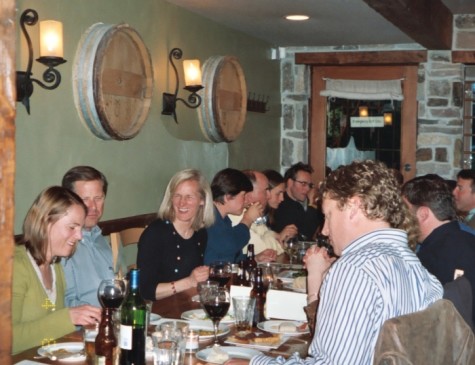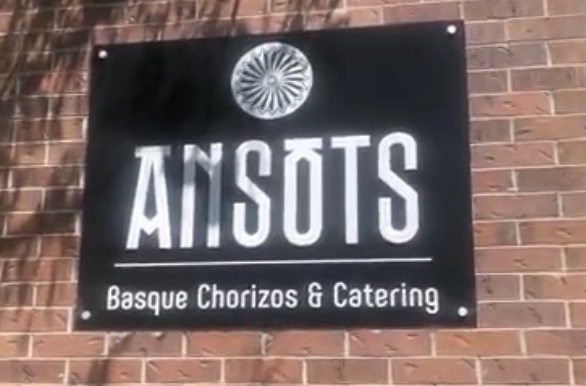Book Review: Boyhood Among the Woolies
June 6, 2023
Boyhood Among the Woolies: Growing Up on a Basque Sheep Ranch
by Richard W. Etulain
Pullman: Basalt Books, 2023
In the spirit of full disclosure, Dick Etulain has been my personal friend and colleague for half a century. He was our first visiting scholar at the University of Nevada’s Basque Studies Program in the 1974 academic year. Despite our collaboration on several projects, including some co-publishing, I learned most of his background by reading this book. It underscores to me the extent to which he was a very private person, despite his affable and seemingly extroverted personality. It made me recall the extent to which he was always asking about others rather than talking about himself.
Richard W. Etulain earned his PhD from the University of Oregon and became a major western and literary historian (authoring and editing more than 60 books). The capstone of his career was the years beginning in 1979 as a professor in the Department of History and director of the Center for the American West at the University of New Mexico before his retirement in 2001. Throughout, Etulain maintained an interest in his Basque heritage despite the fact that, as we shall see, his upbringing distanced him from it.
We learn that his father, Sebastian Etulain, left his village of Eugui in Navarra (in 1921 when 18 years old) to avoid conscription in the Spanish military (a common practice in the Basque Country) and emigrated to Yakima, Washington where his three brothers had preceded him and worked as sheepherders nearby. Sebastian Etulain would spend the next six years herding, including for his uncle. So, in effect, there was an established nucleus of Basques from Eugui in eastern Washington (one of the three brothers’ two sisters eventually arrived as well). We get glimpses in this book of other Navarrese neighbors, all sheepmen, who preferred to hire fellow Basques as herders. However, the supply was insufficient, so the Etulains employed many non-Basques as well over the years.
Two of the three brothers ended up acquiring their own ranch property. Sebastian Etulain began with renting the McCall Ranch that included 10,000 private and leased acres in partnership with his brother Juan (until dissolved when Juan bought his own 15,000-acre spread) and initially grazed their sheep exclusively on them. But when the operation grew to several bands, totaling about 7,000 ewes and lambs, it became necessary to engage in transhumance between the ranch in winter and the summer range acquired in nearby Idaho. The reader becomes privy to a local variation on the familiar theme among Basque Americans, since Sebastian trailed only one band and shipped the rest to Idaho both ways by rail. He also bought a summer house in a nearby Idaho community, taking his family to live there with him, while he supplied his herders in the nearby mountains. Sebastian eventually went into cattle raising rather than sheep and ended his agricultural days on a small farm before investing in a motel that he and his wife ran until his death.
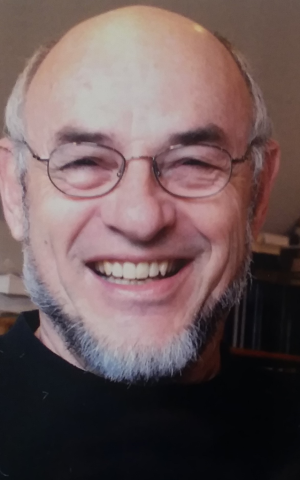
Richard’s mother was a divorced American woman with a son, Ken when she married Sebastian Etulain, with whom she had two more sons—first Dan and then Richard. Much of the book is about the three boys, including their shenanigans. Hence the title of this work. The unusual aspect of their upbringing stemmed from the fact that their father Sebastian converted to evangelical Protestanism soon after his marriage, attending a Nazarene church in the closest town to his ranch (Ritzville). He not only became a parishioner, he was a patron wherever he lived for the remainder of his life. When he and his wife passed away, they willed their last residence to their final Nazarene church in Moses Lake to be used as the pastor’s home. Throughout their youth, the three Etulain boys received austere religious training that included no liquor, dancing, or card-playing.
READ MORE
William A. Douglass is Mr. Basque
Book Review: “Son of a Basque”
Richard Etulain later attended Nazarene College in Nampa, Idaho for his BA. He remained devout throughout his life. All of this distanced him from his Navarrese heritage (given the Basque propensity for Catholicism, wine, and dancing). Politically, however, his father Sebastian shared with his brothers and kinsmen a rock-ribbed commitment to conservative Republicanism. In this regard, his son Richard became the black wooly in the family. His historical studies sensitized him to the social inequities experienced by the racially marginalized and impoverished segments of western society—so he is a registered Democrat.
If I might nitpick anything in the work it would be the copy-editing. The book resulted from a creative writing workshop that Richard taught in which he would provide his students with vignettes of his boyhood that they were then to critique. Each such essay was a stand-alone piece and there was unavoidable repetition among them. When they were subsumed into a book manuscript, the redundancy remained. So, in the confines of this short account we are told numerous times that Mom was a saint, Dad was a distant and authoritarian figure capable at best of tough love, and the three boys were rascals.
In sum, Growing Up with the Woolies is an interesting account about an unusual Basque family in an unusual venue of Basque-American settlement in the American West. I recommend it to you. Its author is currently working on a book about the Basque Americans. Hopefully, it will provide additional information about the Navarrese enclave in eastern Washington. To buy the book through Amazon, click here.

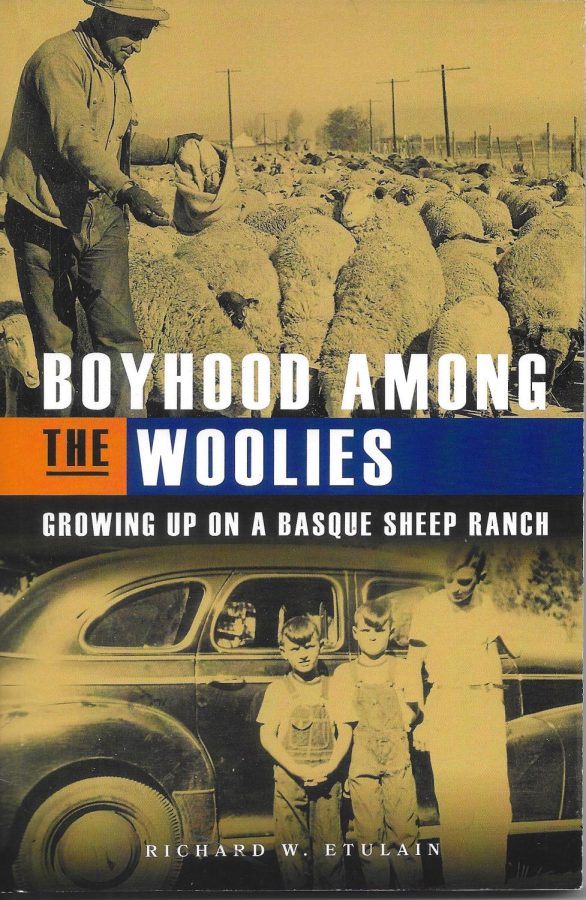
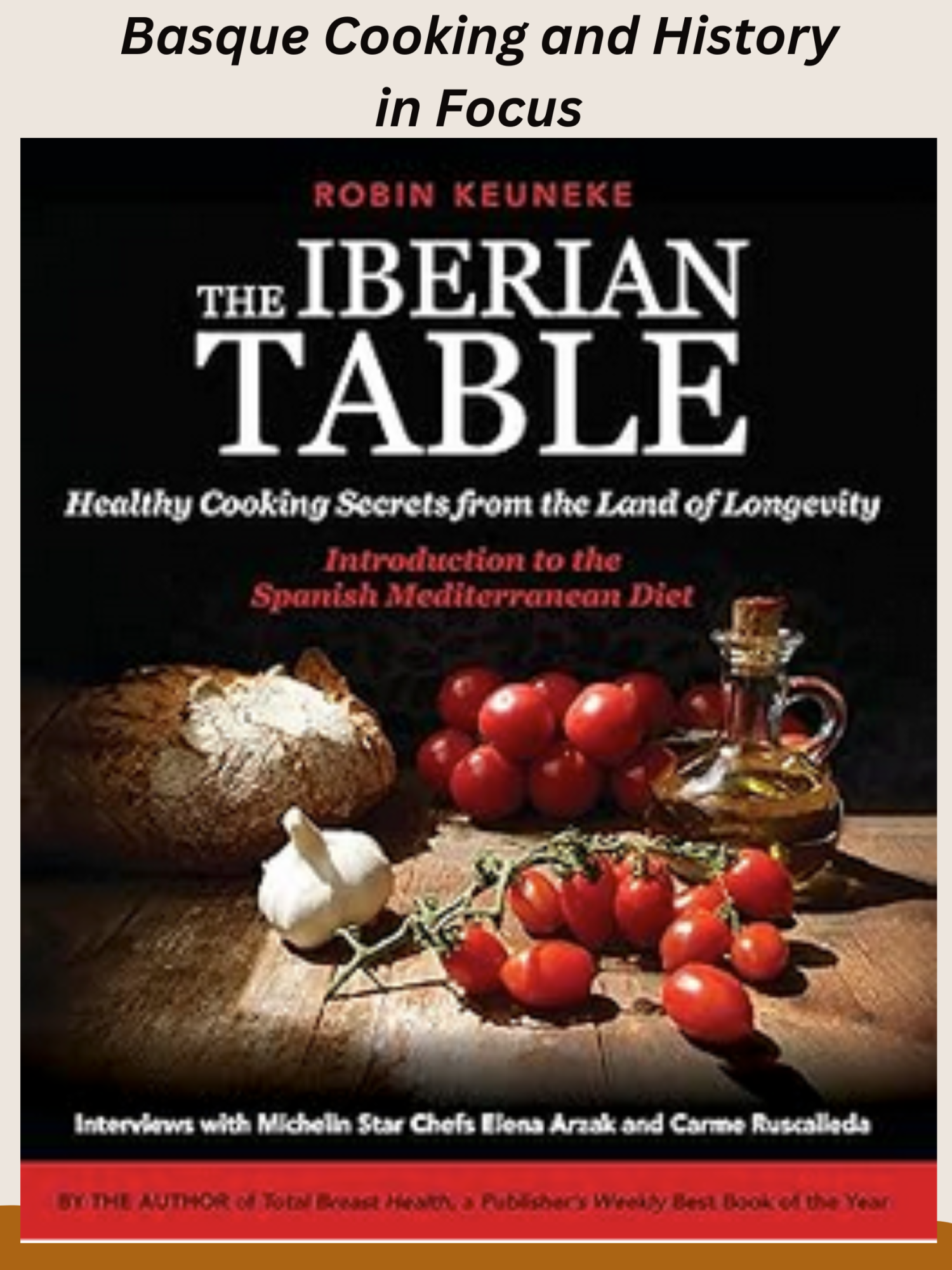
 Donate
Donate
